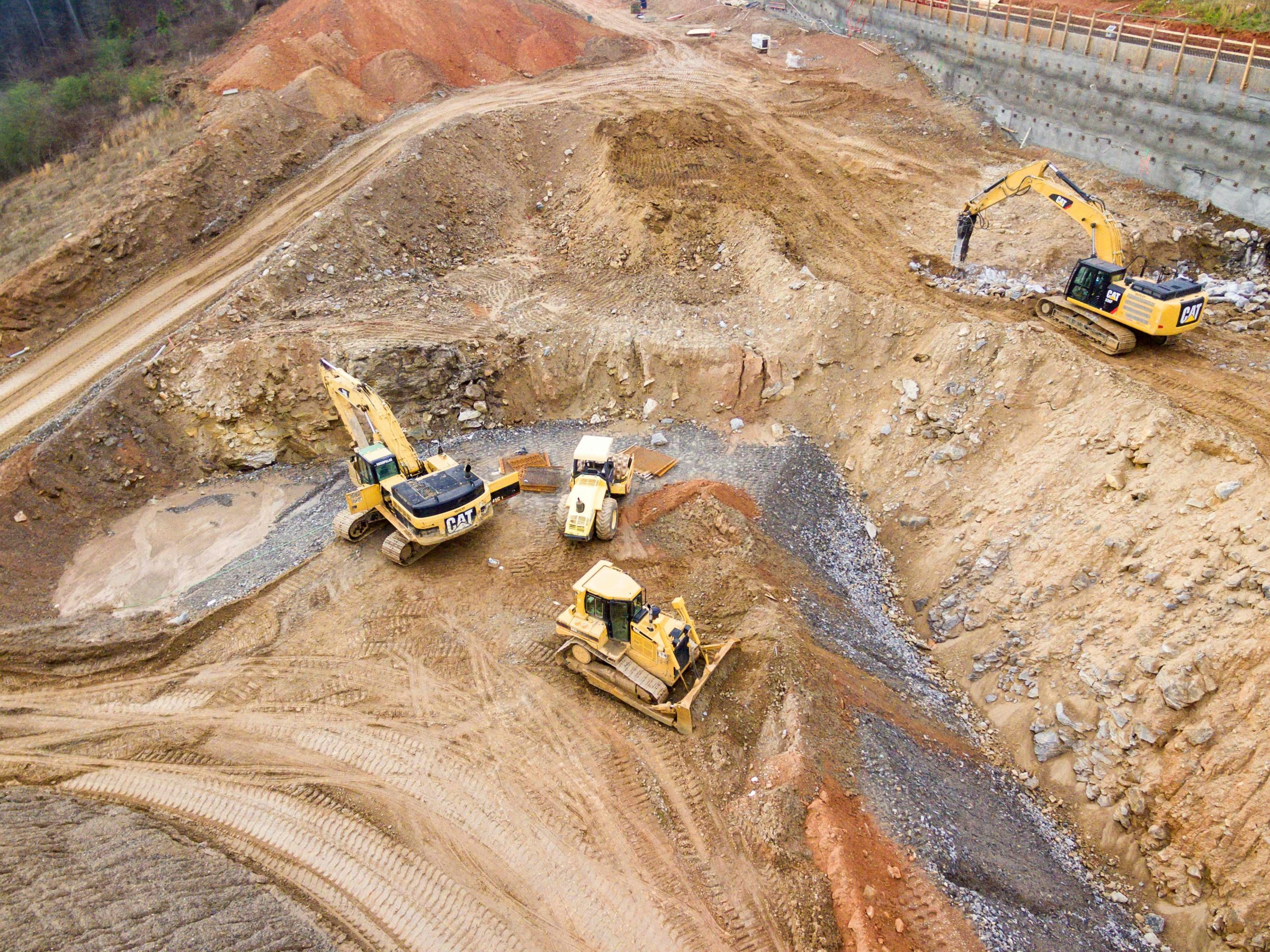Job Description:
Heavy plant drivers, also known as heavy equipment operators or heavy machinery operators, are responsible for operating various types of heavy equipment and machinery in construction, mining, roadwork, and other industrial settings. They ensure the safe and efficient operation of equipment to complete tasks according to project requirements.
Responsibilities:
- Equipment Operation: Operate heavy plant machinery, such as excavators, bulldozers, loaders, graders, dump trucks, or cranes, to perform tasks such as digging, grading, loading, hauling, or lifting materials.
- Pre-Operation Inspection: Perform pre-operation checks and inspections of equipment to ensure proper functioning, including checking fluid levels, tires, brakes, controls, and safety features.
- Equipment Setup: Set up and configure heavy equipment according to job specifications, such as adjusting blades, buckets, or attachments, and calibrating controls for optimal performance.
- Material Handling: Load, transport, and unload materials, debris, or equipment using heavy machinery, ensuring proper weight distribution and safe handling techniques.
- Excavation and Earthmoving: Perform excavation, trenching, grading, and earthmoving activities to prepare sites for construction, landscaping, or roadwork projects.
- Road Maintenance: Maintain roads, highways, or infrastructure by operating equipment to repair potholes, remove debris, spread gravel, or clear snow and ice during inclement weather.
- Safety Compliance: Adhere to safety protocols and regulations, including wearing appropriate personal protective equipment (PPE), following safe work practices, and participating in safety training programs.
- Site Coordination: Communicate with supervisors, coworkers, and other personnel to coordinate equipment operations, signal operators, and ensure the safe and efficient flow of work on the job site.
- Equipment Maintenance: Perform routine maintenance tasks on heavy machinery, such as lubricating, greasing, and cleaning equipment, as well as identifying and reporting any mechanical issues or malfunctions.
- Documentation: Maintain accurate records of equipment usage, maintenance activities, and production outputs, and complete reports or logbooks as required by company policies or regulatory requirements.
Requirements:
- Heavy Equipment Operation Experience: Prior experience operating heavy plant machinery, such as excavators, bulldozers, loaders, or dump trucks, is typically required.
- Valid License: Possession of a valid driver’s license with the appropriate endorsements or certifications to operate specific types of heavy equipment.
- Technical Skills: Knowledge of heavy equipment operation principles, controls, and safety procedures, as well as the ability to read and interpret equipment manuals and specifications.
- Physical Stamina: Ability to sit for extended periods, operate controls with precision, and perform physically demanding tasks such as climbing, lifting, and maneuvering heavy machinery.
- Attention to Detail: Carefulness and attention to detail in performing equipment inspections, following instructions, and adhering to safety protocols to prevent accidents or damage.
- Communication Skills: Basic verbal communication skills to understand instructions, communicate with coworkers and supervisors, and follow hand signals or radio commands on the job site.
- Problem-Solving Skills: Analytical thinking and problem-solving skills to troubleshoot equipment issues, make adjustments as needed, and maintain productivity on the job site.
- Teamwork: Ability to work effectively as part of a team, follow directions, and collaborate with coworkers to accomplish tasks and achieve project objectives.
- Flexibility: Willingness to work flexible hours, including evenings, weekends, and overtime as needed, and adapt to changing job assignments or priorities.
- High School Diploma: Education requirements typically include a high school diploma or equivalent qualification.

